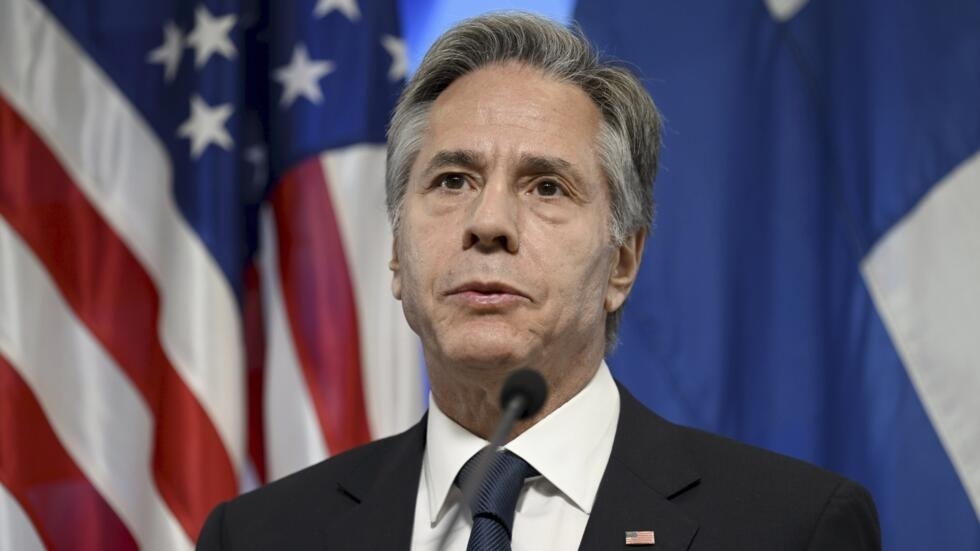U.S. Secretary of State Antony Blinken will visit South Korea, Japan, and France in what is likely his final diplomatic trip before the incoming Trump administration takes office later this month.
The State Department announced on Friday that Blinken will embark on a five-day trip to these countries starting January 4 to reaffirm U.S. alliances and address regional challenges.
In South Korea, Blinken plans to meet with senior government officials to emphasize the strong U.S.–South Korea alliance and discuss “critical cooperation” on global issues. The focus will include strengthening efforts to promote a free, open, and prosperous Indo-Pacific and enhancing trilateral collaboration with Japan.
Blinken’s visit comes during political turbulence in South Korea following the impeachment of President Yoon Suk-yeol after his brief martial law declaration last month. Finance Minister Choi Sang-mok is serving as acting president, succeeding Prime Minister Han Duck-soo, who was also impeached.
In Tokyo, Blinken will meet senior Japanese officials to review “the tremendous progress the U.S.–Japan alliance has made over the past few years.” Discussions will address regional and global issues while continuing to build on trilateral cooperation with South Korea.
In France, Blinken will engage senior officials on challenges in Europe, especially regarding the situation in Ukraine, and tensions in the Middle East.
The trip’s announcement came a day after the State Department approved a potential $3.64 billion foreign military sale of advanced air-to-air missiles and related equipment to Japan. The Biden administration has focused on bolstering alliances with Japan and South Korea amid concerns over China’s assertiveness in the Indo-Pacific and North Korea’s missile threats.
Additionally, growing military ties between North Korea and Russia have raised alarms, with reports indicating North Korea sent thousands of troops to fight alongside Russian forces in Ukraine.
Last week, the U.S. and Japan unveiled new guidelines for extended deterrence, addressing an “increasingly severe strategic and nuclear threat environment.” These guidelines aim to enhance strategic messaging and ensure adversaries understand the alliance’s resolve and capabilities. The measures also include bolstering U.S. extended deterrence through Japan’s advancements in missile defense and contingency readiness.
Details of the new guidelines remain undisclosed, but both nations emphasize their shared commitment to addressing security challenges in the Indo-Pacific region.
 Telegram is where we really talk. Don't miss out!
Telegram is where we really talk. Don't miss out!







